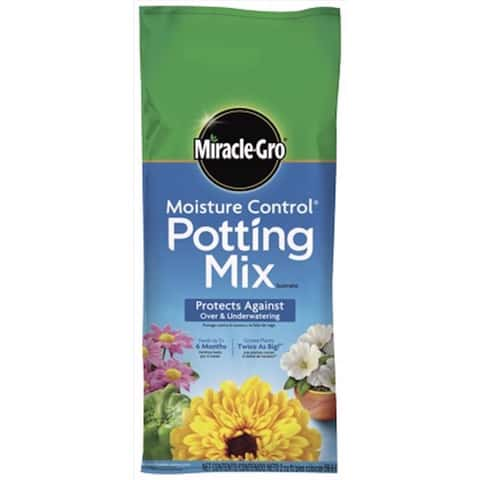Modern restaurant kitchens are undergoing a technological transformation with the introduction of time-saving appliances designed to improve workflow efficiency and maximize output. One of the most impactful innovations is the rise of smart cooking equipment. These appliances, integrated with programmable features and sensor technologies, allow chefs to automate complex processes. From combo ovens that adjust humidity and temperature based on the food’s status to precision induction cooktops that heat instantly and maintain consistent temperatures, these tools reduce manual intervention and cooking time, while preserving food quality. Another time-saving innovation is the development of multifunctional kitchen machines that perform several tasks within a compact footprint. These appliances can chop, blend, knead, and cook all in one unit significantly minimizing prep time and the need for multiple tools. By consolidating operations, kitchen staff can streamline meal preparation and allocate their time more effectively. These machines are especially valuable in small to medium-sized kitchens where space and staffing may be limited but high-volume production is still required.

Advanced refrigeration and storage solutions have also evolved to support the fast-paced demands of modern kitchens. High-efficiency refrigeration units now offer features such as rapid cooling, customizable storage configurations, and real-time temperature monitoring. These innovations help reduce food spoilage and ensure ingredients remain at peak freshness. Moreover, ergonomic designs and easy-access shelving mean less time is spent searching for ingredients, enhancing overall productivity and reducing unnecessary movements during busy service hours. Automation in dishwashing technology has made a notable impact on time management in restaurant operations. Modern dishwashers now come equipped with high-speed cycles, energy-efficient water systems, and intelligent load detection. These features allow for quick turnover of utensils, plates, and cookware, ensuring that essential tools are readily available when needed. With less manual labor required, kitchen staff can refocus their efforts on core cooking tasks, resulting in a smoother, more efficient workflow.
Ventilation and air filtration systems have also seen significant upgrades, aimed at maintaining a clean and comfortable working environment. Improved hoods with built-in sensors can now detect heat and steam levels, automatically adjusting airflow to maintain optimal conditions. This not only reduces the risk of overheating and ROVSUN equipment strain but also creates a more pleasant atmosphere for staff, contributing to better morale and sustained productivity during long shifts. Digital kitchen management tools are becoming a cornerstone of high-output operations. From order tracking systems to inventory and waste management software, these platforms provide real-time data that helps chefs and managers make informed decisions. This digital oversight enables proactive scheduling, reduces downtime, and ensures that the kitchen runs at peak efficiency, ultimately leading to faster service and increased customer satisfaction.










